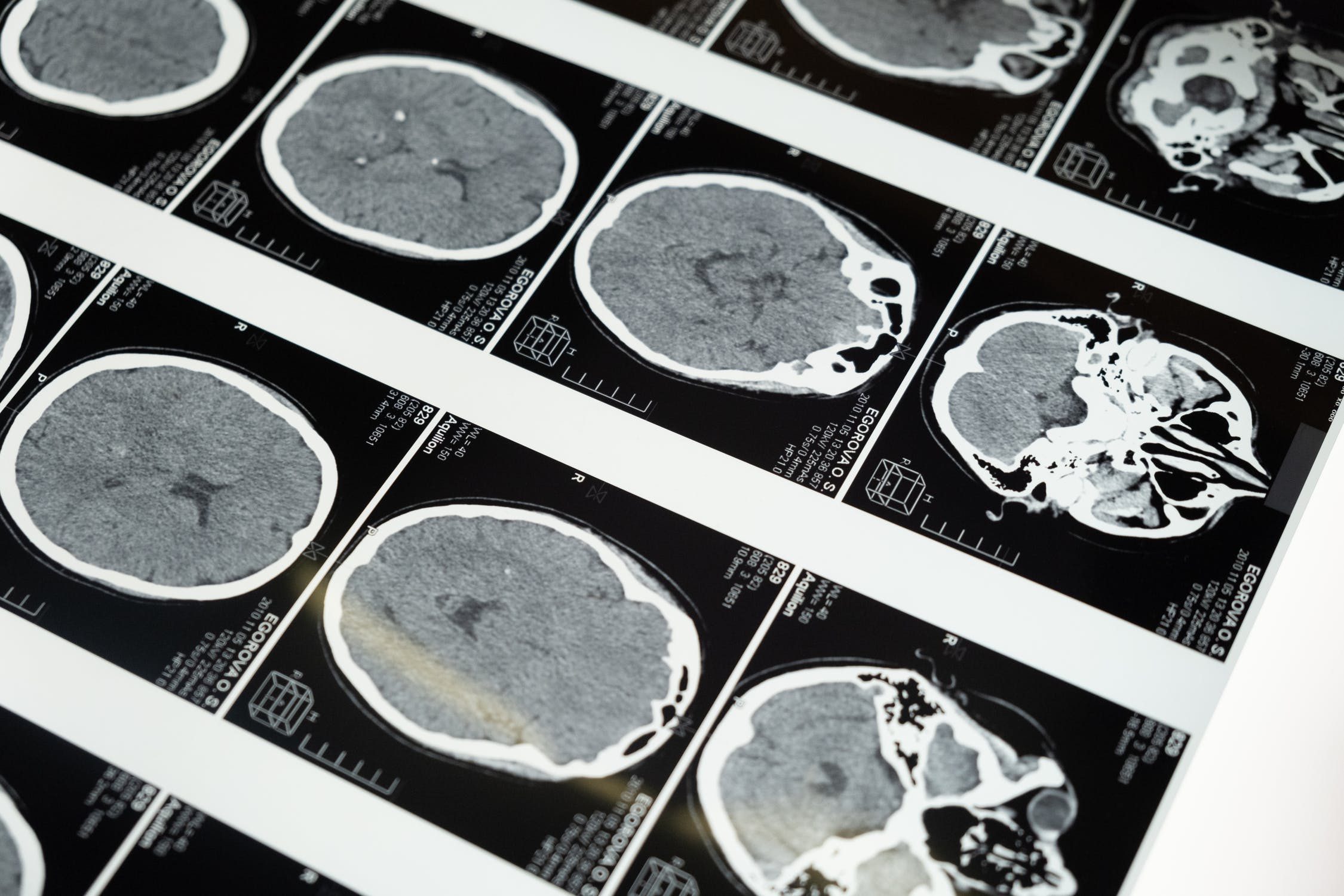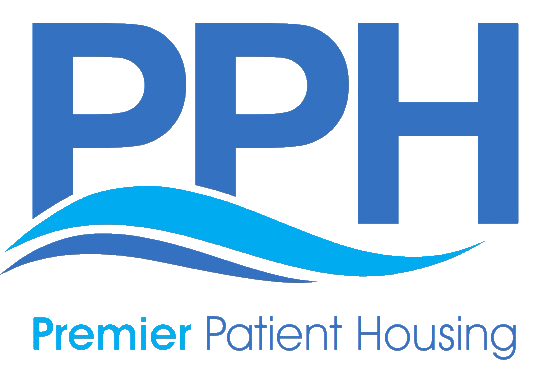Alzheimer's and Brain Awareness Month Pt.2

Continuing our series of Alzheimer’s and Brain Awareness in the month of June, Premier Patient Housing is here to inform you about brain diseases, including what they are, symptoms, treatment options and even prevention.
What is Brain Disease?
Brain diseases includes a large spectrum of diseases, including Alzheimer’s, epilepsy and multiple sclerosis, just to name a few. Brain disease encompasses any disease that affect or attack your brain, which can hinder your ability to complete seemingly simple tasks or have an impact on your mood or personality.
Types of Brain Disease
The two most common forms are Autoimmune and neurodegenerative brain disease. According to the Cleveland Clinic, Autoimmune disease occurs when the body’s defenses attack a part of the brain, mistaking it as an invader. This type is commonly seen in diseases such as epilepsy and multiple sclerosis (MS), as well an in an array of mental illnesses.
Neurodegenerative diseases occur due to the accumulation of abnormal proteins in the brain. Diseases brought on by this accumulation include attention deficit hyperactivity disorder (ADHD), dyslexia and autism.
Symptoms
According to the American Brain Foundation, brain disease affects 1 in 6 people worldwide and includes a spectrum of diseases, such as a few of those mentioned above. Brain disease can be present at birth but can also be brought on by severe head injury or trauma.
The brain controls all bodily functions. If injured or diseases, any function within the body can be impacted depending on the type of diseases or injury. Although different for every patient and every injury or diseases, a few common symptoms to be cautious of include
- fever
- headaches
- nausea and/or vomiting
- seizures
- changes in mood or personality
- having trouble with memory, speech or focus
Treatment Options
Treatment options are different for each individual affected with the wide variety of diseases or disorders. For example, a treatment plan for someone impacted by epilepsy may be managed with medication while surgery may be recommended to completely remove a brain tumor in another. While no two treatment options are the same, but according to the Cleveland Clinic a few treatment options may include
- Counseling and cognitive behavior therapy to manage mental health concerns and provide emotional support for diseases including mental illness, dementia and Alzheimer’s
- Diet, exercise and stress management to improve symptoms of some conditions such as Alzheimer’s and multiple sclerosis (MS), and prevent recurrence of stroke
- Medications to treat the disease and manage symptoms for diseases such as Parkinson’s
Read more about treatment options for particular brain diseases or disorders HERE.
Prevention
A great way to prevent brain disease, and a wide variety of other diseases, is living a healthy lifestyle. This includes exercising regularly, eating a healthily balanced diet, reducing alcohol consumption and not smoking. Also, reduce your chances of traumatic head injury by wearing a helmet when riding a bike or motorcycle.
Keeping your mind active through social activities, learning new skills and the completion of challenges such as puzzles can also improve your brain health, preventing or slowing the development of diseases such as Alzheimer’s and dementia.
Although brought awareness to in the month of June, brain disease is a daily reality for many families. Consider donating your time or a financial contribution in the month of June to honor those who have been affected. Find more information on how you can give back HERE


